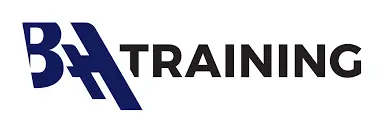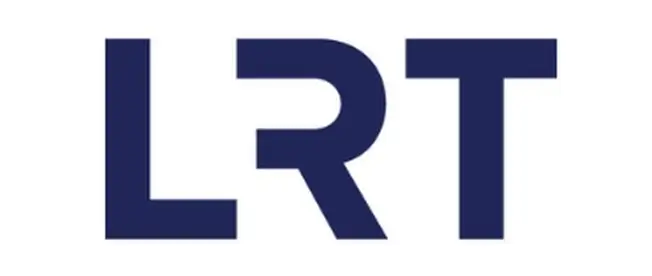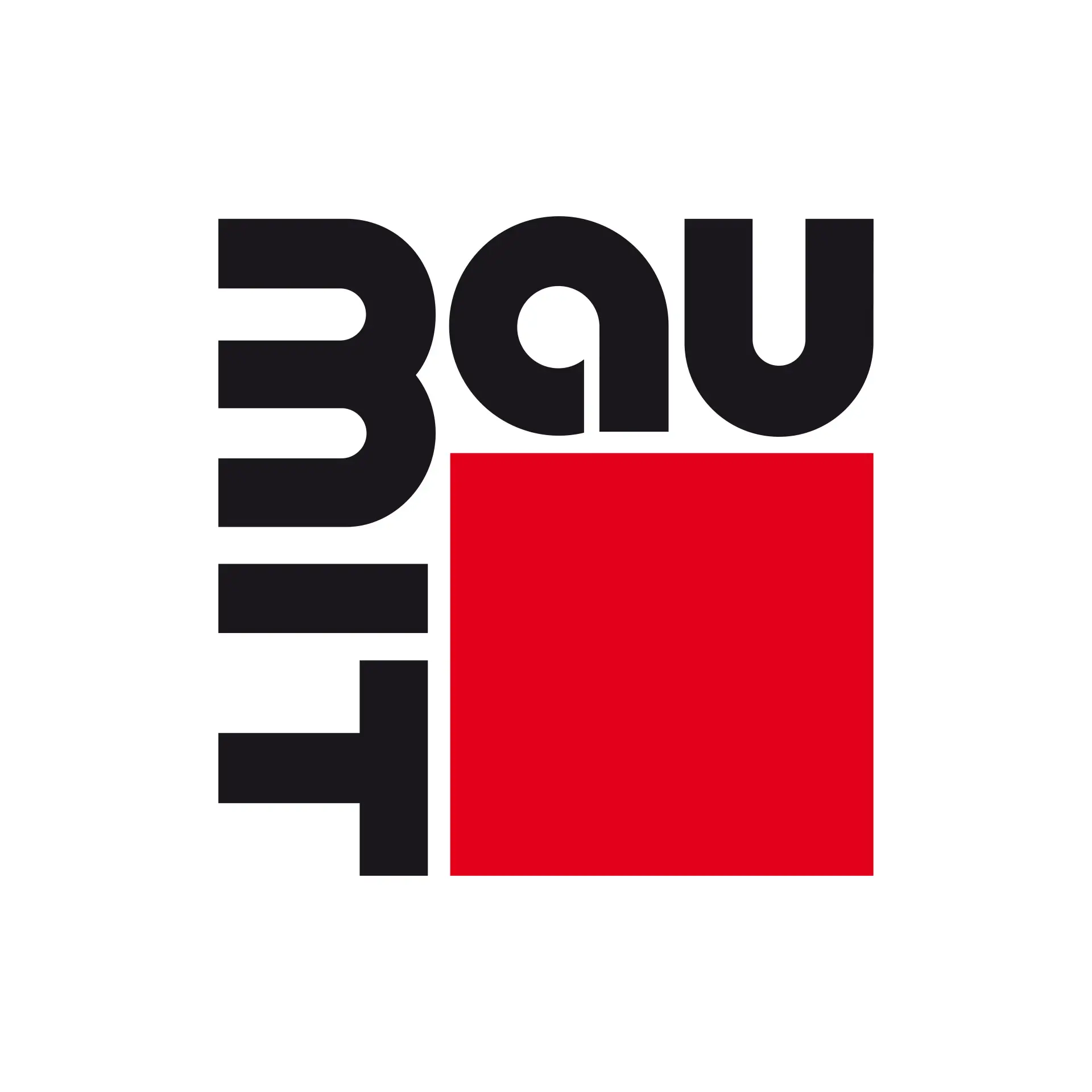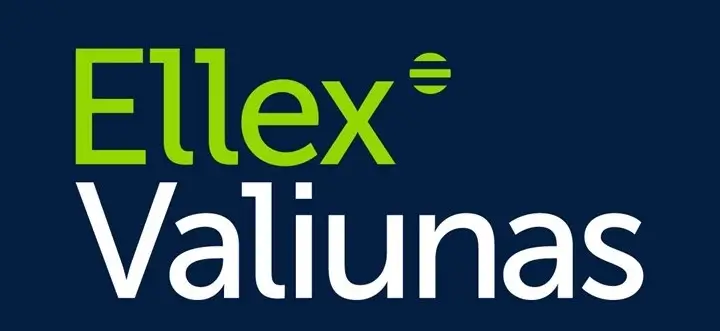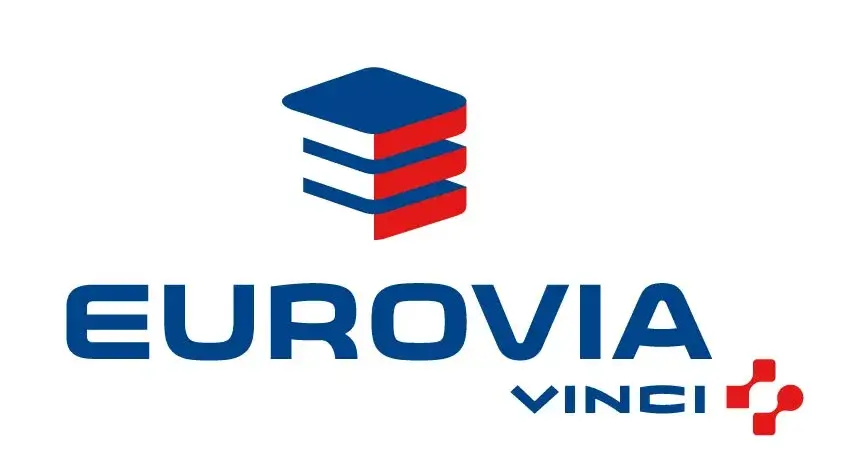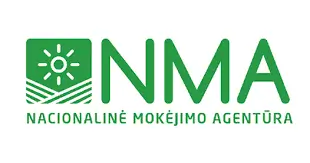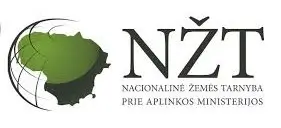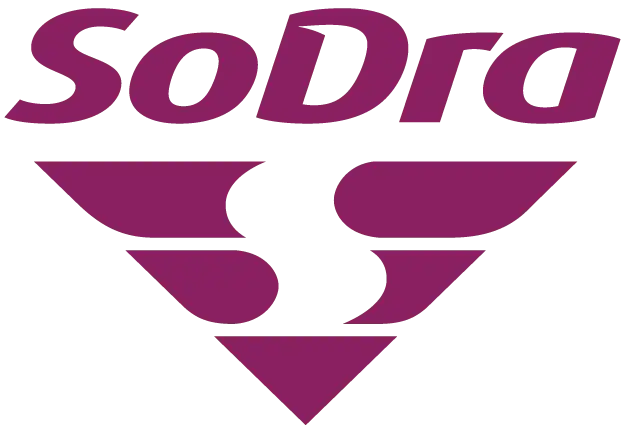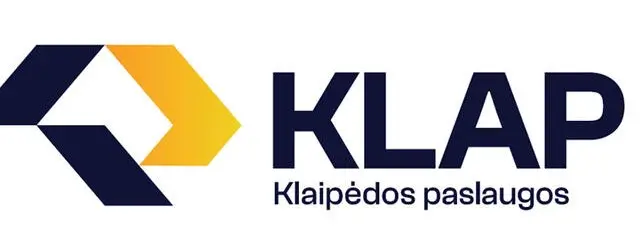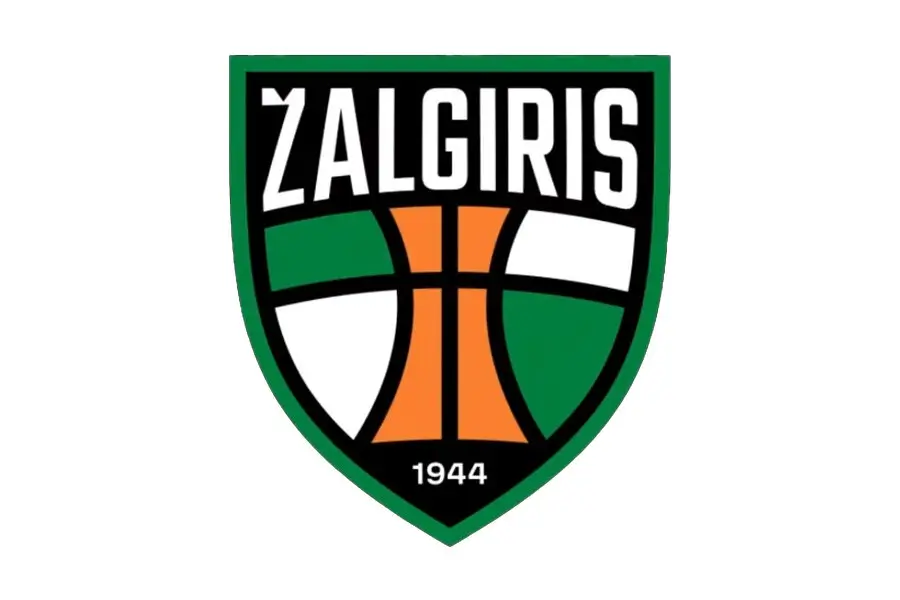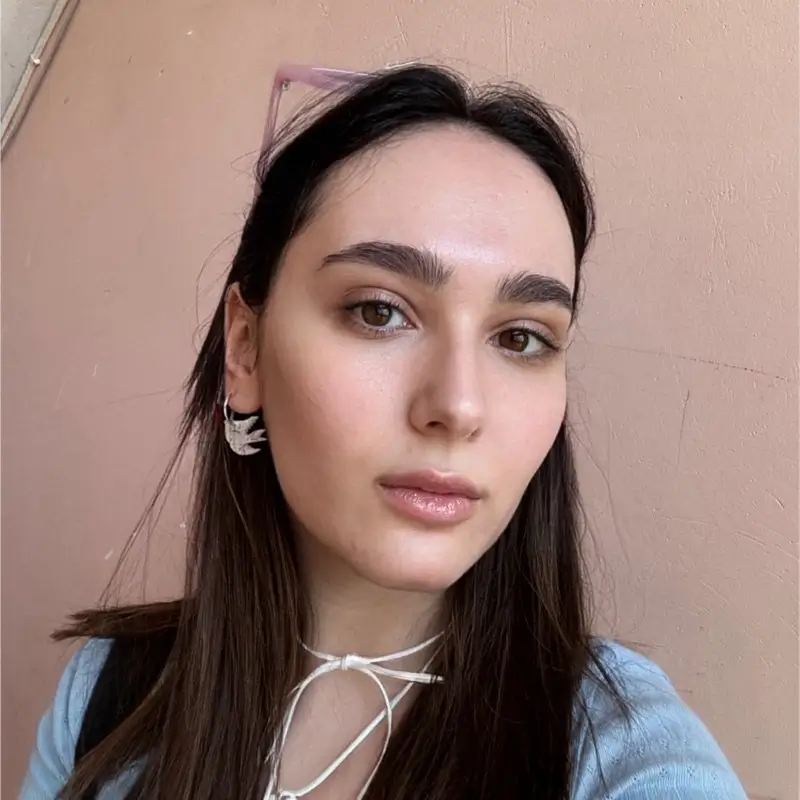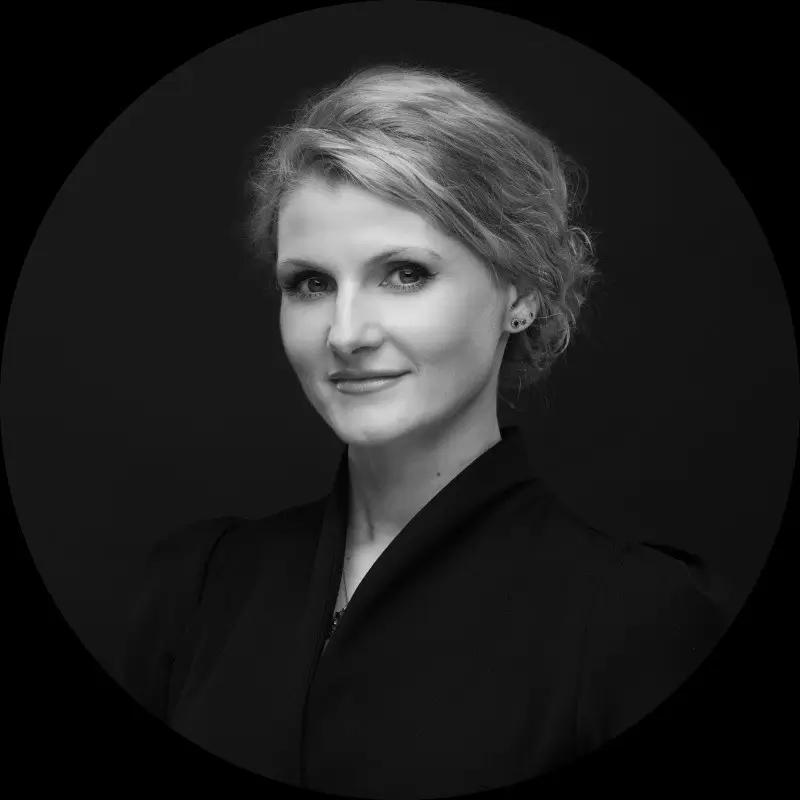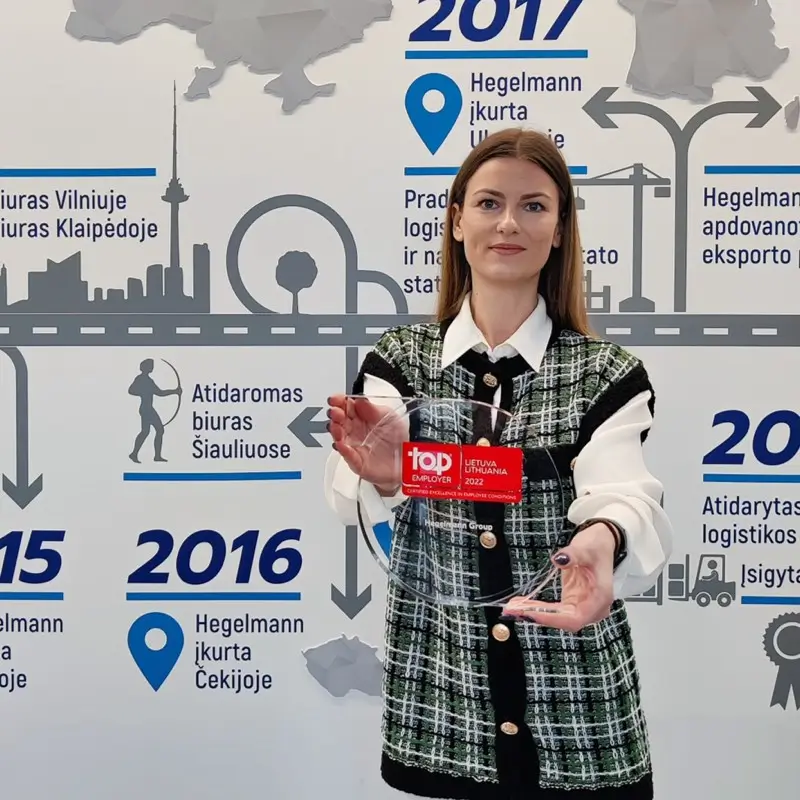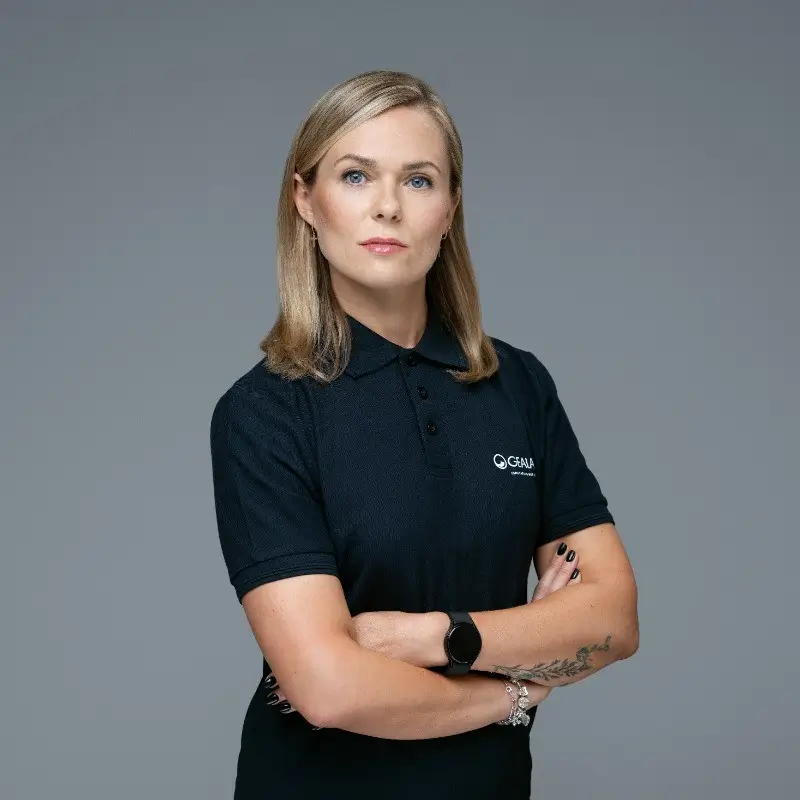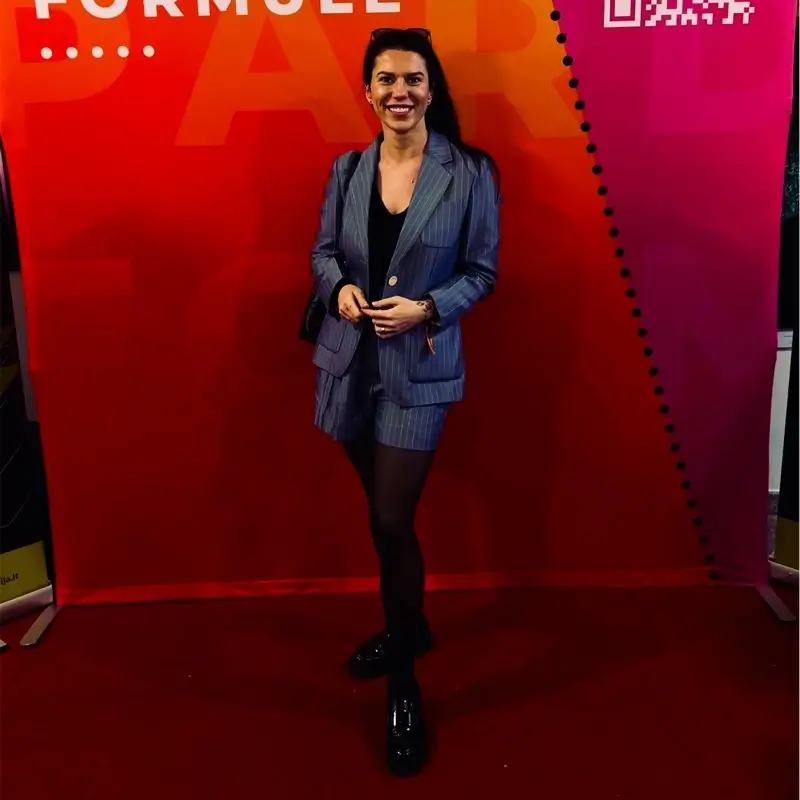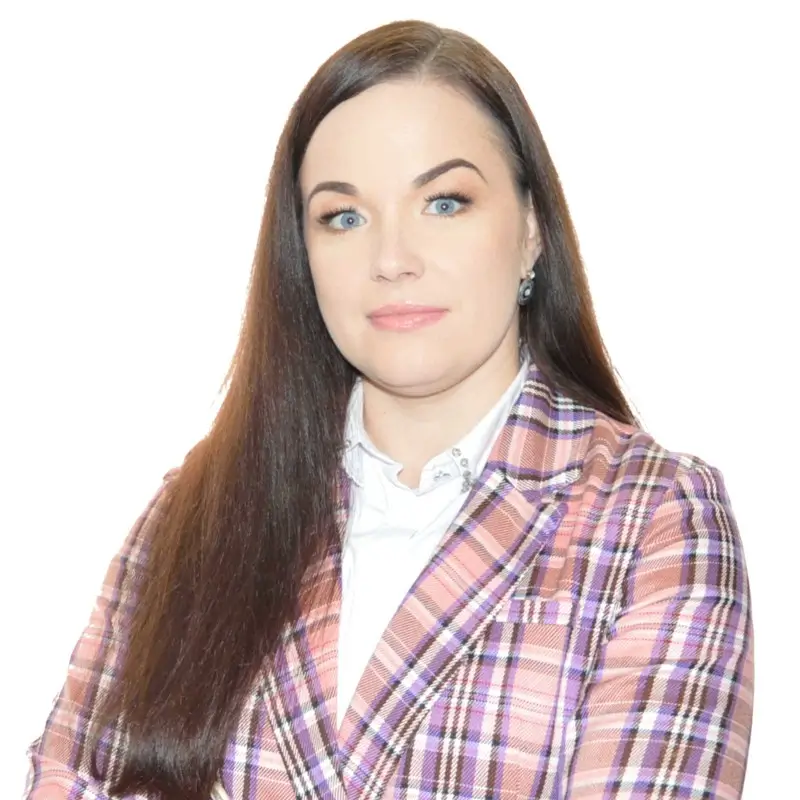About Coaching
Partnering with clients in a thought-provoking and
creative process that inspires them to maximise
their individual and professional potential.
International Coaching Federation (ICF)
Coaching is a co-creative process in which, through partnership and dialogue, the coach helps the person to find answers to the questions that are important to him or her at the time.
This process helps people:
- Change the way you want to change;
- Overcoming thought barriers and limiting beliefs;
- Understanding the reasons for your behaviour;
- Discovering your inner sources of awareness and leadership;
- Developing an action plan and taking concrete action.
The coach believes that each person or team has the answers to their own challenges and problems, but recognises that sometimes external help is needed. The focus is on the client’s thought processes and the search for solutions. Coaching is based on trust and a strong relationship where change happens where the focus is – and that focus is always on the person/team and the potential available.
Coaching principles
To summarise, here are some of the key principles that apply in coaching sessions:
- Belief in potential. Coaching believes that everyone already has all the resources they need to become more successful. The focus is therefore on the person, not on the problem or challenge to be solved.
- Directed partnership. The coaching process takes the form of a trusting collaboration between the client and the coach. The coach is responsible for the structure and effectiveness of the process, while the client is responsible for the presentation, analysis and resolution of issues.
- An effective process. Coaching sessions follow clear rules and competency standards to ensure a focused and productive collaboration.
Coaching formats
Coaching is a flexible and dynamic practice that adapts to different situations and needs. The main coaching formats are individual, group and team coaching. These formats reflect the different ways and methodologies of applying coaching, depending on the number of clients and their goals.
Individual coaching
This is a personalised coaching approach in which the coach works one-on-one with one client. This format allows for a deep dive into the client’s personal goals, challenges and needs with maximum attention. One-to-one coaching is particularly effective for personal development, career advancement or specific personal problems.Group coaching
Group coaching takes place with a small group of people (usually 3-12 participants) with similar goals or challenges. Although this format provides less individual attention, it allows participants to learn from each other, share experiences and find peer support. Group coaching is often used in personal development, learning and growth programmes.- Team coaching
Team coaching is designed for teams in organisations or projects to improve collaboration, efficiency and achieve common goals. The format focuses on strengthening team dynamics, improving communication and resolving conflicts. The aim is to build strong, cohesive, high-performance teams. Team coaching is particularly useful in business organisations, sports teams and other areas where it is important to optimise the potential of the group.
What can you expect during an individual coaching session?
- Full attention to yourself and your challenges.
- Absolute confidentiality that provides a safe space for sharing.
- Respect and understanding for your emotions, values and identity.
- Open and sometimes uncomfortable questions that encourage new insights.
- Reflections of patterns of thought and behaviour that help you see limiting beliefs.
- Pauses of silence that open the way to new discoveries.
- Natural emotional discharges that are worth accepting as part of the change.
- “A-ha” moments when the answers become obvious.
- New inspiration to act.
- Clarity about the next steps.
What is not coaching?
Today, the term coaching is widely used, but it is often misunderstood and confused with other disciplines that involve conversation-based methods. This misinterpretation can give coaching a mystical aura, distorting its core purpose—helping individuals achieve their goals.
Below are key differences between coaching and the most commonly confused practices:
| Practice | Description |
|---|---|
| Psychotherapy | Focuses on analyzing problems by examining past events and understanding their causes. It is designed to treat mental, emotional, and psychosomatic disorders. In contrast, coaching is future-oriented, emphasizing clarity on actions that help achieve a vision. |
| Training | Involves an expert who provides instructions on what, when, and how to do something. Training is beneficial when a person lacks fundamental knowledge or experience and is not yet ready for the coaching process. In coaching, the individual determines their goals, how they will achieve them, and when to take action. |
| Consulting | Involves sharing knowledge gained from experience or external sources. Advice is based on proven practices or others’ experiences. A coach, however, is not an expert in the client’s specific situation but acts as a partner who encourages self-awareness and helps the client take responsibility for their decisions and actions. |
| Mentoring | Often equated with coaching, but it differs in essence. A mentor is an expert in a particular field who helps an individual learn and grow faster than they would on their own. A mentor serves as a guide, sharing personal experiences, whereas a coach helps individuals discover their own answers. |
| Friendship | Conversations, advice, and encouragement are core elements of friendship, which is built on trust and close relationships—values also essential in coaching. However, friends often give direct advice or steer a person in a specific direction, whereas a coach develops thinking and decision-making skills to help the individual find their own solutions. |
Coaching is distinct from these practices, though it may incorporate elements of mentoring, consulting, or friendly experience-sharing. While these elements are not prohibited, it is crucial to ensure that what is labeled as coaching does not turn into a completely different method of support. Likewise, professionals in other fields may apply coaching techniques in their work, but this does not constitute a true coaching process.
Coaching standard I follow
I am a member of the International Coaching Federation (ICF) and I follow the competency model, values and code of ethics defined by this organisation.
Founded in 1995, the International Coaching Federation (ICF) is the only organisation that provides a globally recognised qualification for coaching professionals. Its aim is to advance the coaching profession by setting high standards, providing an independent certificate of qualification and creating a global network of coaching professionals. The organisation currently has more than 50,000 members from 150 countries worldwide (as of January 2022). More about ICF
Competency Model
The International Coaching Federation (ICF) Competency Model defines the core competencies that coaches need to practice coaching professionally. The model emphasises the importance of ethical behaviour and confidentiality, the importance of the coaching mindset and ongoing reflective practice, the importance of the coach-client partnership and the importance of cultural, systemic and contextual awareness.
Competencies I use in coaching sessions:
- Adheres to ethical practice;
- Embodies a coaching mindset;
- Creates and maintains agreements;
- Fosters trust and safety;
- Maintains full attention;
- Listens actively;
- Promotes awareness;
- Promotes client growth.
Learn more about the ICF Individual Coaching Competences.
Learn more about the ICF Team Coaching Competencies.
Values
My coaching practice is guided by the values of the International Coaching Federation (ICF).
We commit to a coaching mindset and professional quality that encompasses responsibility, respect, integrity, competence and excellence.
We commit to develop social connection and community building.
We commit to being humane, kind, compassionate and respectful toward others.
We commit to use a coaching mindset to explore and understand the needs of others so we can practice equitable processes at all times that create equality for all.
Code of Ethics
My coaching practice is guided by the International Coaching Federation (ICF) Code of Ethics.
The ICF Code of Ethics consists of five main parts:
- INTRODUCTION
- BASIC CONCEPTS
- BASIC ICF VALUES AND ETHICAL PRINCIPLES
- STANDARDS OF ETHICS
- STATEMENT OF PROMISE
ICF Code of Ethics
The ICF Code of Ethics defines the core values of the International Coaching Federation (ICF), as well as the ethical principles and professional behavior standards for all ICF professionals. Adherence to these ethical standards is the foundation of ICF Core Competencies, particularly the competency:
"Demonstrates ethical practice: Understands and consistently applies coaching ethics and standards."
The Role of the ICF Code of Ethics
The ICF Code of Ethics helps maintain the integrity of ICF and the coaching profession globally by:
- Establishing behavioral standards aligned with ICF's core values and ethical principles.
- Supporting ethical reflection, learning, and decision-making.
- Upholding ICF coaching standards through the Ethical Conduct Review (ECR) process.
- Providing a foundation for ICF-accredited ethics training programs.
Applicability of the Code
The ICF Code of Ethics applies whenever ICF professionals represent themselves in any coaching-related interactions, regardless of whether a formal coaching relationship has been established. It outlines the ethical commitments of ICF professionals, including:
- Coaches
- Coach Supervisors
- Coach Mentors
- Trainers
- Coaching Students
- ICF Leadership and Support Staff
Ethical Challenges in Coaching
Ethical decision-making in coaching involves navigating unexpected situations, dilemmas, and challenges. The ICF Code of Ethics is designed to:
- Help professionals identify key ethical factors in decision-making.
- Provide guidance on alternative ethical actions.
ICF professionals who adhere to this Code of Ethics commit to acting ethically, even when doing so requires courageous and difficult decisions.
- Client – An individual, team, or group receiving coaching services, including a coach under supervision or mentorship, a coaching trainee, or another coach.
- Coaching – A partnership with clients in a thought-provoking and creative process that enables them to maximize their personal and professional potential.
- Coaching Relationship – A relationship established between an ICF professional and a client(s)/sponsor(s) through an agreement or contract defining each party’s responsibilities and expectations.
- Code – The ICF Code of Ethics.
- Confidentiality – The protection of all information received during coaching unless explicit permission is given to disclose it.
- Conflict of Interest – A situation where an ICF professional has multiple interests, where serving one may harm or contradict another, including financial, personal, or other interests.
- Equity – The inclusion and accessibility of resources and opportunities for all individuals, regardless of race, ethnicity, nationality, color, gender, sexual orientation, gender identity, age, religion, immigration status, mental or physical ability, or other differences.
- ICF Professional – An individual who represents themselves as an ICF member or accredited professional, fulfilling roles such as a coach, supervisor, mentor-coach, trainer, or coaching trainee.
- ICF Staff – Support personnel under contract with ICF’s managing company, providing professional management and administrative services.
- Internal Coach – An individual employed by an organization who provides coaching services to its employees, either full-time or part-time.
- Sponsor – An entity (or its representative) that pays for coaching services and/or organizes and defines those services.
- Support Personnel – Individuals who assist ICF professionals and their clients.
- Systemic Equity – The institutionalization of gender, racial, and other forms of equity in communities, organizations, nations, and societies through ethical principles, core values, policies, structures, and cultures.
The ICF Code of Ethics is based on ICF's Core Values and the actions that flow from them. All values are equally important and support each other. These values are aspirational and should be used as a way to understand and interpret the standards. All ICF professionals are expected to demonstrate and promote these values in all their dealings.
4. ETHICAL STANDARDS
The following ethical standards apply to the professional activities of ICF professionals:
As an ICF Professional, I:
- Clarify and ensure that before or during the first session, my coaching client(s) and sponsor(s) understand the nature and potential value of coaching, confidentiality principles and limitations, financial agreements, and all other terms of the coaching engagement.
- Establish a clear agreement (contract) with my client(s) and sponsor(s) before beginning coaching services, defining the roles, responsibilities, and rights of all involved parties.
- Uphold the highest level of confidentiality with all parties as agreed upon and comply with all applicable data protection and communication laws.
- Have a clear understanding of how information is exchanged between all involved parties throughout the coaching relationship.
- Acknowledge and clarify situations where confidentiality does not apply, such as:
- Illegal activities
- Legal requirements (court orders or subpoenas)
- Imminent risk of harm to oneself or others
- Any other situation requiring mandatory reporting
If I reasonably believe any of these situations apply, I may be required to notify appropriate authorities.
- Manage conflicts of interest when working as an internal coach by establishing clear agreements and maintaining an ongoing dialogue with coaching clients and sponsor(s). This includes defining organizational roles, responsibilities, confidentiality, and reporting requirements.
- Handle, store, and dispose of all records (including electronic files and communications) securely and confidentially, ensuring privacy and compliance with all relevant laws and agreements.
- Stay informed about emerging technological advancements used in coaching and understand how ethical standards apply to technology-based coaching services.
- Remain vigilant about changes in the value of the coaching relationship. If coaching is no longer effective, I adjust the approach or encourage the client(s)/sponsor(s) to seek another coach, specialist, or resource.
- Respect the right of all parties to terminate the coaching relationship at any time for any reason, subject to the terms of the agreement.
- Recognize and manage the complexities of having multiple agreements and relationships with the same client(s) or sponsor(s) to prevent conflicts of interest.
- Stay aware of and actively manage any power or status imbalances between myself and the client, which may arise from cultural, relational, psychological, or contextual factors.
- Disclose any potential compensation or benefits I may receive if I refer my clients to third parties.
- Ensure consistent quality in all coaching engagements, regardless of the agreed-upon compensation amount or format.
As an ICF Professional, I:
- Adhere to the ICF Code of Ethics in all my professional relationships. If I become aware that I may have violated the Code or recognize unethical behavior by another ICF professional, I respectfully address the issue with the involved parties. If the matter is not resolved, I escalate it to an official institution (e.g., ICF Global).
- Ensure that all support personnel working with me comply with the ICF Code of Ethics.
- Commit to excellence by continuously developing my personal, professional, and ethical competencies.
- Recognize my personal limitations or circumstances that could impact my coaching work or professional relationships. When necessary, I seek support to determine appropriate actions and, if required, pause or terminate coaching relationships.
- Resolve any existing or potential conflicts of interest by working with relevant parties, seeking professional guidance, temporarily suspending, or terminating professional relationships when necessary.
- Protect the privacy of ICF members and use their contact information (such as email addresses and phone numbers) only with ICF or the individual member’s consent.
As an ICF Professional, I:
- Accurately represent my qualifications, including my coaching competency level, experience, training, certifications, and ICF credentials.
- Provide honest and precise verbal and written statements about what I offer as an ICF professional, what ICF represents, the coaching profession, and the potential value of coaching.
- Communicate and raise awareness among individuals who need to be informed about the ethical commitments outlined in this Code.
- Take responsibility for establishing clear, appropriate, and culturally sensitive boundaries in all physical and other interactions.
- Do not engage in any sexual or romantic relationships with clients or sponsors. I maintain an appropriate level of professional intimacy and take necessary actions to address any concerns or terminate the relationship if required.
As an ICF Professional, I:
- Avoid discrimination, ensuring fairness and equality in all activities and procedures while adhering to local laws and cultural practices. This includes, but is not limited to, age, race, gender, ethnicity, sexual orientation, religion, nationality, disability, or military status.
- Recognize and respect the contributions and intellectual property of others, claiming ownership only over my own materials. I understand that violating this standard may result in legal consequences.
- Act with integrity in conducting research and reporting findings, following recognized scientific standards, applicable guidelines, and my area of expertise.
- Acknowledge the impact of my actions and those of my clients on society. I follow the principle of “doing good” rather than merely “avoiding harm.”
As an ICF Professional, I:
- Avoid discrimination by maintaining fairness and equality in all activities and procedures while adhering to local laws and cultural practices. This includes, but is not limited to, discrimination based on age, race, gender, ethnicity, sexual orientation, religion, nationality, disability, or military status.
- Acknowledge and respect the contributions and intellectual property of others, claiming ownership only over my own materials. I understand that violating this standard may result in legal action from third parties.
- Act with integrity when conducting research and reporting findings, following recognized scientific standards, applicable guidelines, and my area of expertise.
- Recognize the impact that I and my clients have on society. I adhere to the philosophy of “doing good” rather than merely “avoiding harm.”
I am grateful for your trust








